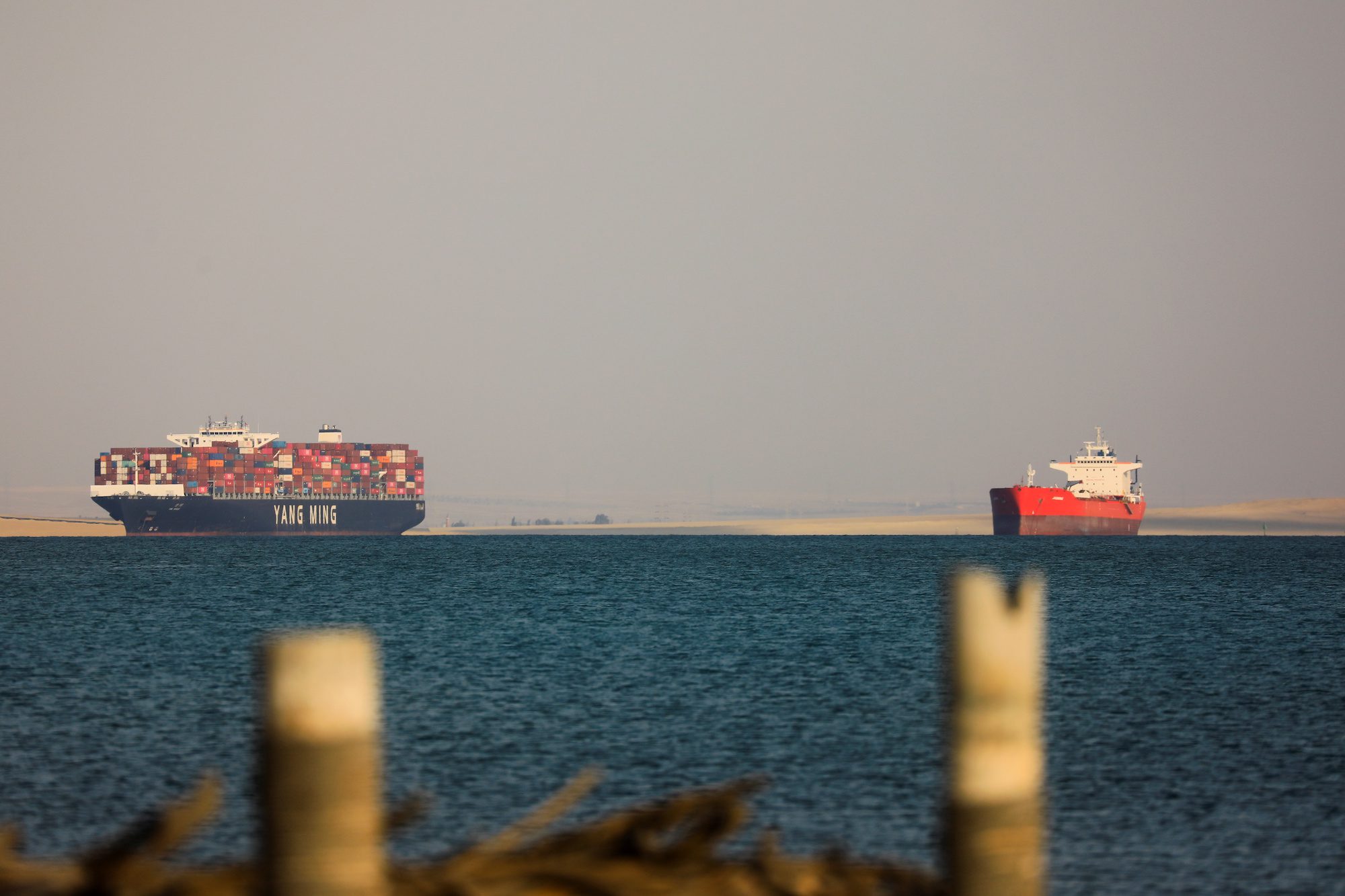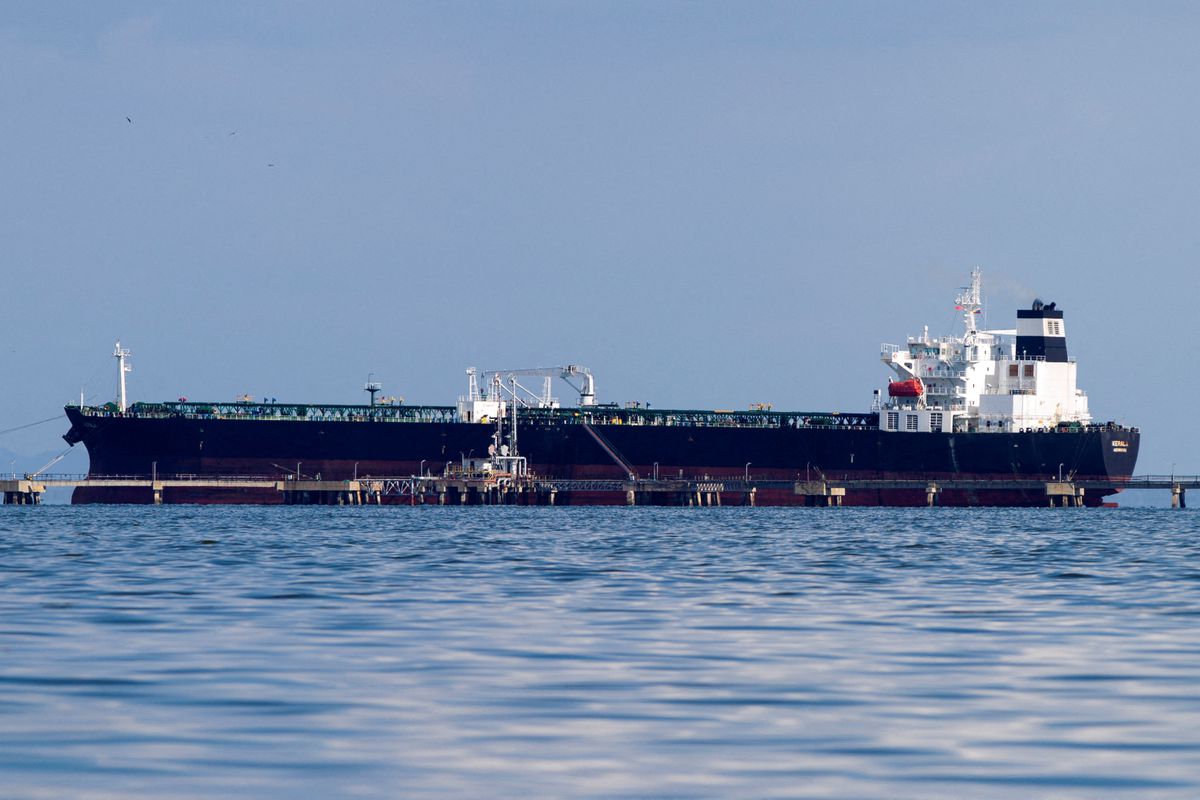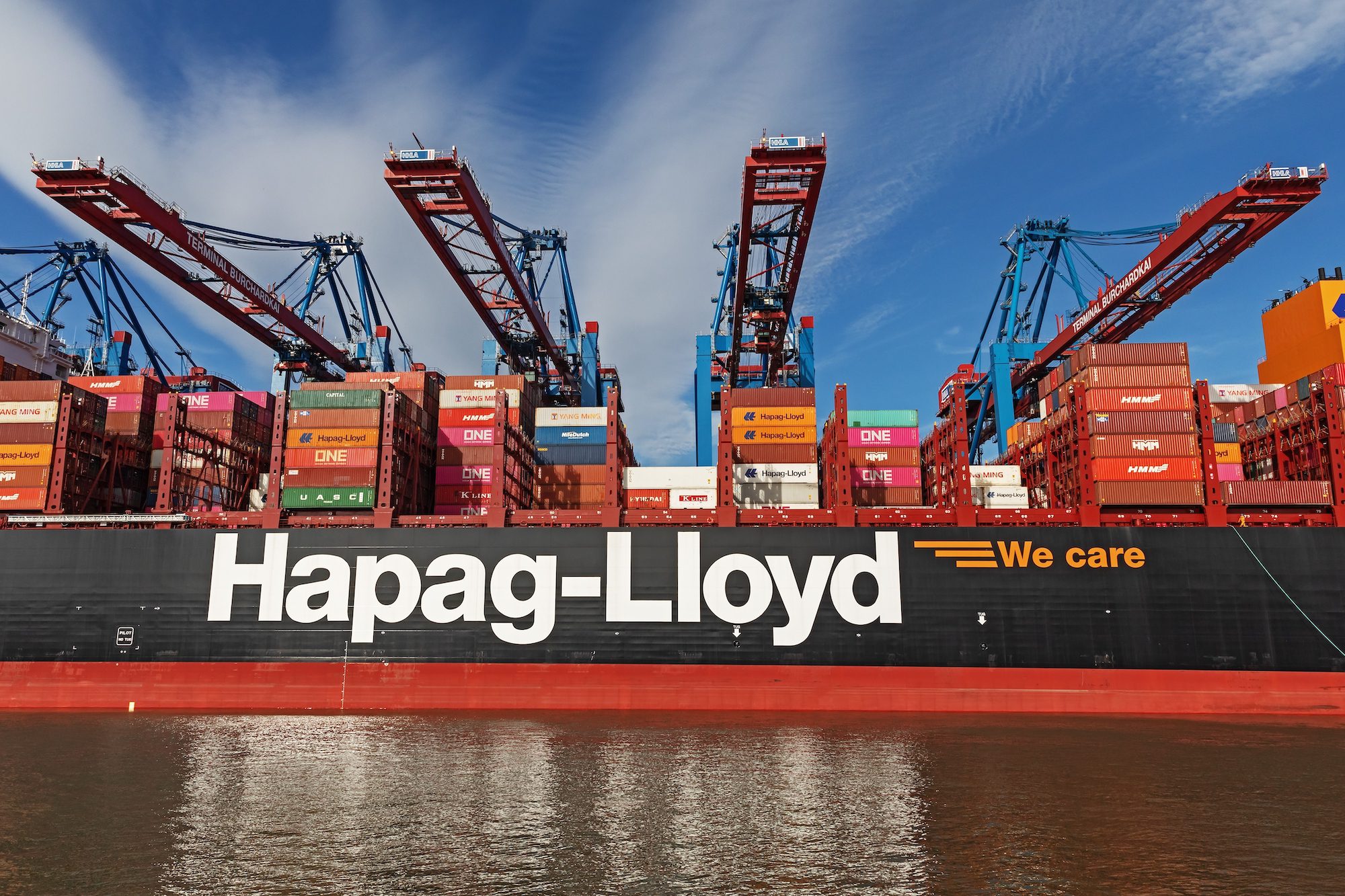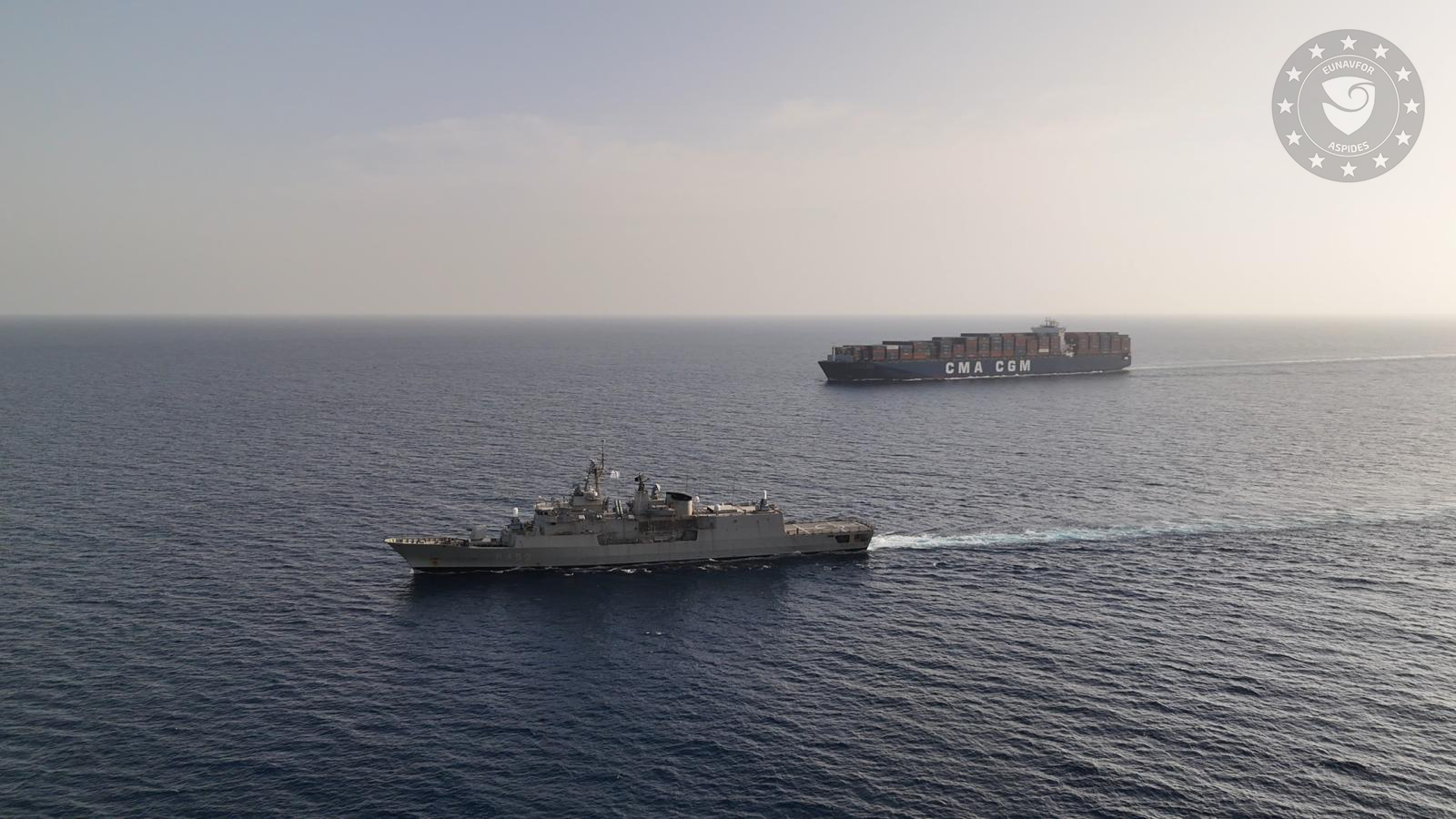The suspension of ship traffic through the Suez Canal has given the many a good glimpse into the world of shipping and its importance within the global economy.
The old saying is that shipping transports about 90% of global trade. About 12% of that trade passes through the Suez Canal, the critical chokepoint that offers the shortest route between Europe and Asia. So when a ship like the Ever Given runs aground and blocks the critical waterway, just about everyone takes notice.
According to the International Chamber of Shipping, the on-going blockage of the canal lays bare the fragility of global supply chains.
“The world relies on the shipping sector to keep all of us supplied and the incident in the Suez Canal has shone a spotlight on the delicate nature of these global supply chains,” said Guy Platten, secretary general of the ICS. “The literal ‘pinch point’ of Suez is a prime example of how an unexpected incident can disrupt the finely balanced system that we all rely on.”
On average in 2020, about 51.5 ships per day passed through the canal earning Egypt revenues of $5.61 billion. That’s 18,829 ships with an overall net tonnage of more than one billion tonnes last year alone.
“The majority of trade between Asia and Europe still relies on the Suez Canal, and given that vital goods including vital medical equipment and PPE, are moving via these ships we call on the Egyptian authorities do all they can to reopen the canal as soon as possible,” Platten added.
“Not only will the goods aboard the Ever Given be severely delayed on their journey, but the hundreds of other ships are also affected. The damage done to the global supply chain will be significant.”
How much damage exactly really depends on how long the suspension lasts, or more importantly how long it takes to refloat the ship. Diverting around Cape Horn adds 3,800 miles to the journey and up to 12 days extra sailing time, meaning delayed consumer goods, higher fuel costs, and greater emissions at a time when the industry is seeking to decarbonize.
This all comes amid the back drop of a global cargo boom driven by the global COVID-19 pandemic, not to mention the an on-going crew change crisis that left 400,000 seafarers stranded at sea at its peak.
“This also speaks to a deeper problem,” says Platten. “The governments and markets are sitting up and paying attention to this issue as we can clearly see an economic fallout from the delay to goods the blockage will cause. But shipping’s ongoing crew change crisis has been largely still invisible to wider public. Crew are still working hard around the globe to keep global trade moving, despite 200,000 seafarers being impacted by overly harsh restrictions which stop them boarding or disembarking ships.”
In 2019, the value of global maritime trade was estimated at a staggering $14 trillion.
“We hope this incident will remind governments of the vital role that seafarers and shipping plays in keeping the world supplied. Seafarers must not be forgotten as soon as this incident is over.”
Sign up for our newsletter

 Join The Club
Join The Club











